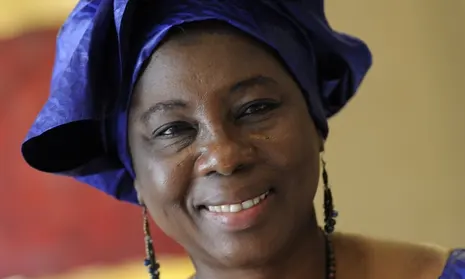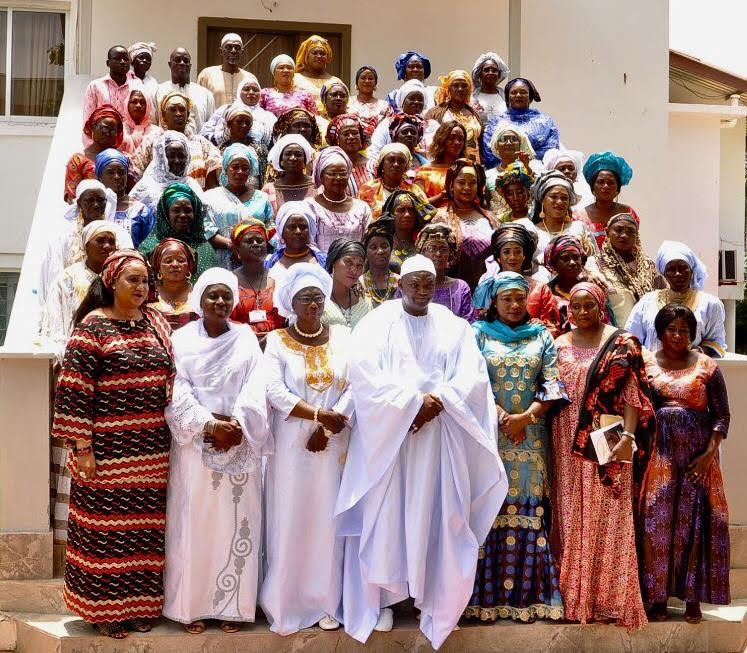By Isatou Sarr & Dawda M. Jallow
The Sub-Saharan Africa Women’s Empowerment and Demographic Dividend Plus Project (SWEDD+), under the Ministry of Health’s Projects Coordination Unit, recently held a three-day training session on Sexual and Gender-Based Violence (SGBV).
The training session was held at the NAQAA Conference Hall. The training aimed to build the capacity of health journalists to report responsibly on SGBV, with a strong emphasis on understanding the legal framework surrounding these issues.
During his presentation, Imran Darboe, Advocacy Specialist at the Centre for the Study of Violence and Reconciliation, provided an in-depth overview of the SGBV legal framework. He highlighted key components of The Women’s Act 2010, which incorporates and enforces the United Nations Convention on the Elimination of All Forms of Discrimination Against Women (CEDAW), as well as the Protocol to the African Charter on Human and Peoples’ Rights on the Rights of Women in Africa.
Darboe emphasized Article 4, which guarantees the right to life, integrity, and security of the person. “Parties are required to take appropriate and effective measures to enact and enforce laws prohibiting all forms of violence against women, including unwanted or forced sex, whether the violence occurs in public or private,” he explained.
The article also mandates the establishment of mechanisms and accessible services to provide victims with information, rehabilitation, and reparation, he noted.
Citing General Recommendation No. 19 (1992) on violence against women, Darboe noted that gender-based violence is recognized as a form of discrimination under Article 1 of the Convention, as it is either directed at women because of their gender or disproportionately affects them.
He also referenced Section 74 of The Women’s Act, which outlines penalties for violations: “A person who contravenes any provision of this Act commits an offense and is liable unless otherwise stated, to a fine not exceeding D50,000, imprisonment for up to six months, or both.”
The President of the Health Association of the Gambia, Senior journalist Sally Jarjue of GRTS delivered a presentation on the media’s role in tackling gender-based violence. She described GBV as a global crisis impacting both men and women, but with women and girls being the most affected.
President Jarjue emphasized the powerful influence of media in shaping public discourse.
“Sensitive and ethical reporting on GBV is crucial for protecting survivors and fostering social change,” she said. She stressed the importance of equipping journalists—particularly women—with the skills to report accurately and compassionately. This includes using appropriate language and avoiding narratives that could stigmatize or re-traumatize survivors.
“Together, the media can be a powerful tool to combat GBV and support survivors in their healing and justice journeys,” she added.





